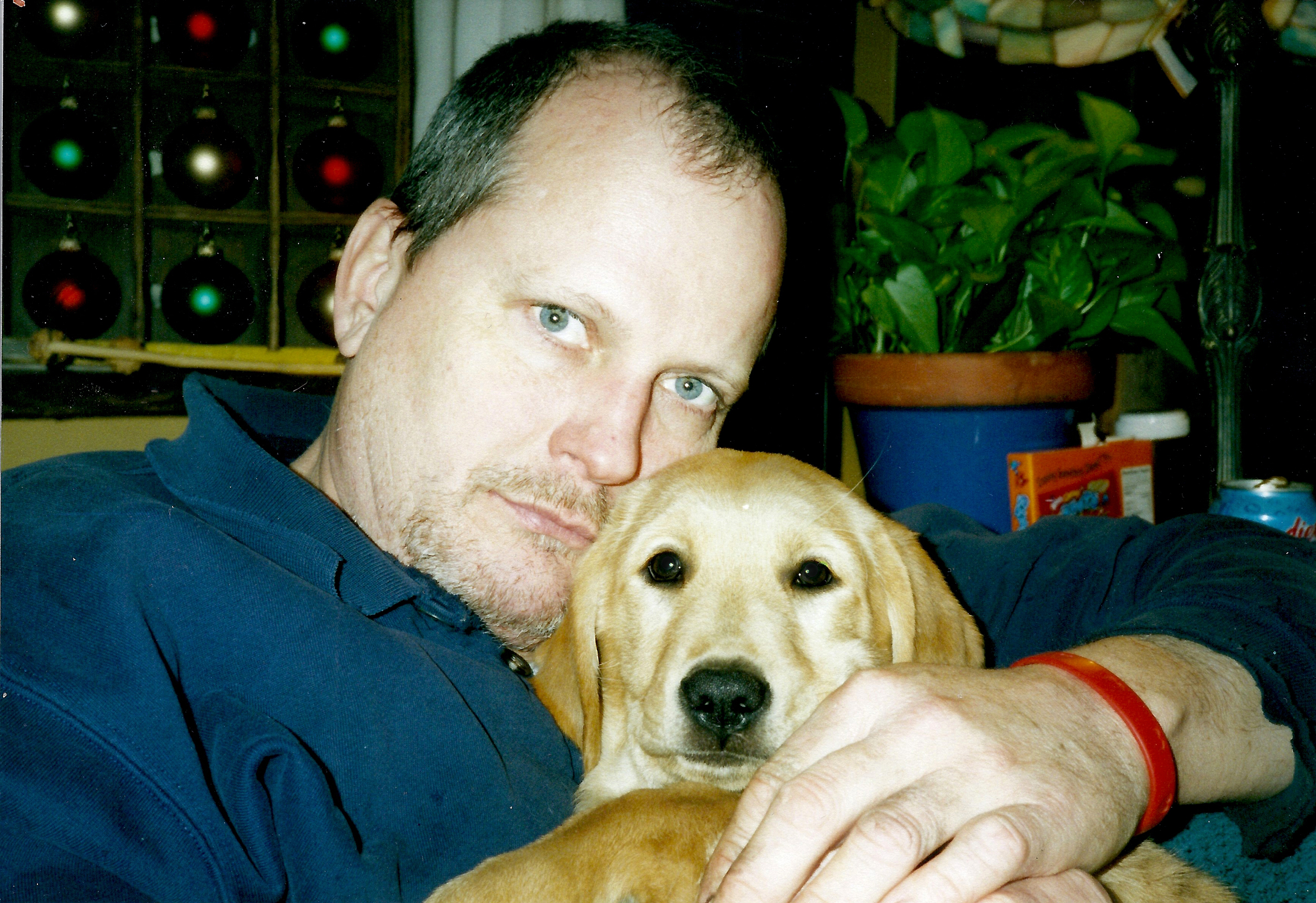Last spring, Frank Turkaly tried to kill himself. A retiree in a Pittsburgh suburb living on disability checks, he was estranged from friends and family, mired in credit card debt and taking medication for depression, cholesterol, diabetes and high blood pressure.
It was not the life he had envisioned as a young man in the 1960s and '70s, when "people were more in tune with each other, people were more prone to help each other," said Turkaly, 63, who owned a camera shop and later worked at Sears. "There was not this big segregation between the poor and the rich. . . . I thought it was going to continue the same, I didn't think it was going to change."
Turkaly said he regrets his attempt to overdose on tranquilizers, which he attributes to social isolation. But in one grim respect he is far from alone: He is part of an alarming trend among baby boomers, whose suicide rates shot up precipitously between 1999 and 2010.



















With your current subscription plan you can comment on stories. However, before writing your first comment, please create a display name in the Profile section of your subscriber account page.